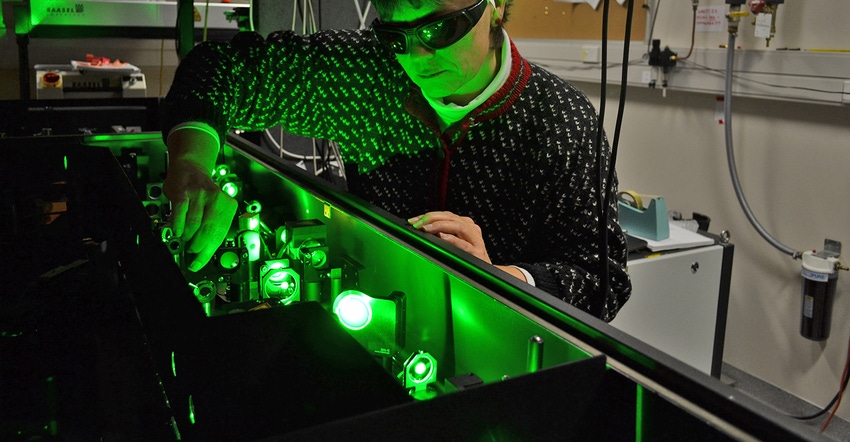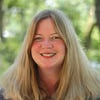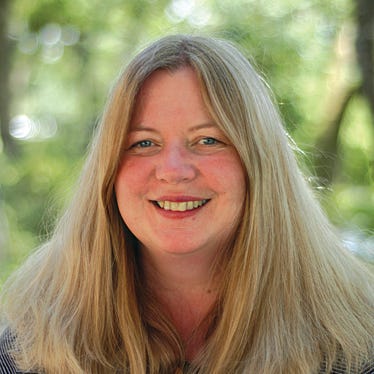
Engender Technologies Ltd., a company based in New Zealand, has created and successfully tested a prototype system for identifying and sorting X chromosome-bearing sperm cells. According to Brent Ogilvie, managing director of Engender, this technology could lead to a nearly tenfold decrease in the capital cost compared to current sex-sorting technology. While this technology could be used on dairy or beef semen, Ogilvie says Engender is targeting the dairy industry.
“Engender’s laser-based technology greatly improves on existing flow cytometry technology with higher flow rates and lower costs, less negative impact on fertility, and increased sperm count retention,” Ogilvie explains. Once the sperm is identified as X or Y, it is separated by moving it in a microfluidic chip from one flow stream into another using a pulse of light.
“The reduction in stress is what makes Engender’s sorting method much more benign for the health of the sperm compared to currently available technology, which also discards a large fraction of healthy sperm cells,” Ogilvie says.
Option-to-license agreements
Engender has signed option-to-license agreements with three of the world’s largest artificial insemination companies, including one U.S. company.
“These three AI companies represent 65% of the world’s dairy market,” Ogilvie says. “Our patent is allowed in the U.S., and we expect it to be allowed in Australia, and we expect it to be approved in other countries.”
Currently, Sexing Technologies Genetics, headquartered in Texas, has patents on the semen sexing technology used in the U.S. AI companies pay ST Genetics to sort their dairy and beef semen.
“Our model is to provide an instrument to AI companies,” Ogilvie says. “This would allow AI companies to do the semen sorting themselves. We hope that the costs will be lower, and a technician already working in an AI lab would be able to do the sorting themselves. We’re proposing a royalty arrangement based on the value of the genetics that will lower the cost.”
Ogilvie believes Engender’s technology could greatly increase the number of dairy animals being bred with sexed semen. Currently, 175 million straws of dairy semen are sold annually, according to Ogilvie.
“Of that, only about 3% is sexed semen,” he says. “Sexed semen is used almost exclusively on heifers, with less than 1% of cows being bred with sexed semen. If the technology was cheaper, more farmers would breed cows to sexed semen bulls.”
In 2016, Engender was named winner of the AgTech sector of the World Cup Tech Challenge in Silicon Valley, and was named one of the 5 Most Innovative International Startups at Series A and Beyond by AgFunder.
Engender is seeking to raise $17 million in capital as it prepares to scale its technology for commercial application and launch within the next two years, Ogilvie says.
“We’re at the stage where we want to develop our technology, and we are looking for resources and partners to help us do that,” he says. “It could be an AI company. We are looking for new sources of funding to find investors globally so we can get to market sooner.”
About the Author(s)
You May Also Like






